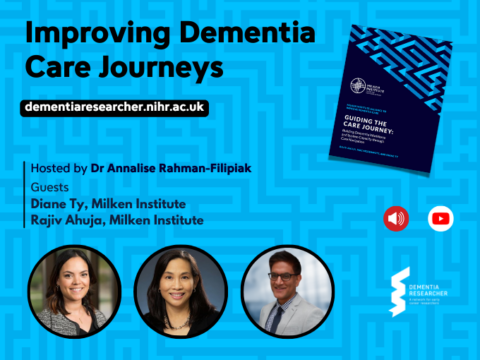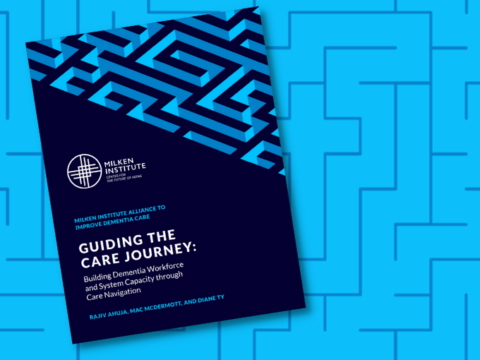
“Urgent action is needed to begin to reintroduce the practice measures that have previously been effective internationally in bringing about a 30 to 50 percent reduction in antipsychotic prescribing for people with dementia,” Clive Ballard at the University of Exeter
The massive social disruptions caused by the COVID-19 pandemic hit particularly hard for people living with dementia, causing them to become more isolated and less able to take part in normal activities and routines. How did this affect their care? In the January 25 JAMA Psychiatry, researchers led by Kenneth Man at University College London and Ian Wong at the University of Hong Kong reported that dementia patients in six countries were more likely to be prescribed antipsychotics during the 2020 lockdowns than before. This may indicate that patients had trouble coping, becoming more agitated or depressed, and physicians responded to this by medicating them more heavily. Antipsychotic use among people with Alzheimer’s disease is associated with worse quality of life and higher mortality.
“The study… demonstrates that, despite more than a decade of regulatory pressure to limit prescribing, antipsychotics remain the treatment providers turn to for behavioral and psychological symptoms of dementia,” wrote Helen Kales at the University of California, Davis, Donovan Maust at the University of Michigan, Ann Arbor, and Laura Gitlin at Drexel University, Philadelphia, in an accompanying editorial.
Previous smaller studies had suggested a bump in behavioral symptoms and antipsychotic use during COVID (Gedde et al., 2022; Howard et al., 2020; Harrison et al., 2021). To gather a broader view, first author Hao Luo at the University of Hong Kong plumbed eight large electronic health record databases from six countries—France, Germany, Italy, South Korea, the U.K., and the U.S. Altogether, the authors identified 857,238 people, age 65 or older, who had a diagnosis of dementia between 2016 and 2021.
In six of the eight databases, prescriptions for antipsychotic drugs jumped sharply starting in April 2020, when COVID-19 lockdowns began. The exceptions were Germany, where usage climbed more slowly throughout the pandemic, and the South Korean Ajou University database, where prescriptions fell. The South Korean findings were specific to that database, rather than to that country. The other South Korean dataset, from Kangwon National University, recorded the most dramatic effects in this study, with twice as many prescriptions written during early lockdown as before.
Despite wide variations between databases in the prevalence of antipsychotic use and the exact pattern of change after lockdowns began, the overall picture of increased use was consistent and persistent. In every case except the South Korea Ajou and the U.S. Open Claims databases, a higher percentage of dementia patients were taking antipsychotics in 2021 than before the pandemic, suggesting the negative effects were long-lasting.
“Urgent action is needed to begin to reintroduce the practice measures that have previously been effective internationally in bringing about a 30 to 50 percent reduction in antipsychotic prescribing for people with dementia,” Clive Ballard at the University of Exeter, U.K., wrote to Alzforum.
However, Lon Schneider at the University of Southern California, Los Angeles, noted that higher antipsychotic use could reflect a larger number of dementia patients in end-of-life care due to COVID-related disruptions, rather than doctors using antipsychotics to sedate more active patients. “It is a mistake to rely on antipsychotic prescribing as an index of poor care,” Schneider wrote. The authors agree that more investigation of the factors that led to higher usage, and the consequences of it, are needed.—Madolyn Bowman Rogers
Find this and more articles from the Alz Forum

 Print This Post
Print This Post




